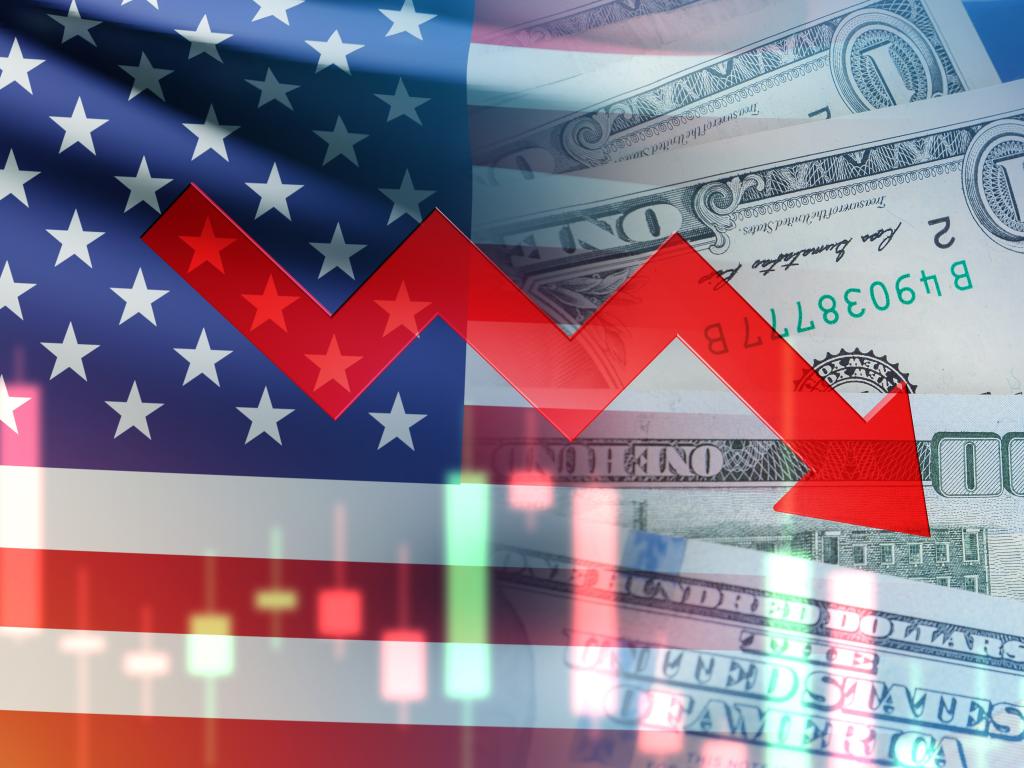US Banks Are Struggling With $650 Billion In Unrealized Losses On Bond Holdings — Here's How They Can Get Out
Author: Bibhu Pattnaik | November 12, 2023 10:46am
American banks are grappling with a staggering $650 billion in unrealized losses on their bond investments — but there could be a way out.
What Happened: The losses resulted from banks pouring trillions into low-yield Treasury bonds before the Federal Reserve's rate hikes.
With the surge in interest rates, the value of these bonds has taken a nosedive, putting the banks in a precarious position.
According to a report by Insider, the earlier failures of banks such as Silicon Valley Bank, First Republic Bank (NYSE:FRC), and Signature Bank (NASDAQ:SBNY) were partly due to the diminishing value of their bond holdings.
Tracing back to the pandemic's onset, many banks received an influx of consumer deposits, which were then invested in government debt.
Also Read: US Banks Witness Whopping $100 Billion Deposit Drop In Just Three Weeks, Fed Survey Raises Alarm
By the end of 2021, these investments exceeded $4 trillion, with yields under 2%. However, the rapid escalation in interest rates, exemplified by the tripling of the 10-year U.S. Treasury yield in less than two years, led to a sharp decline in bond prices, according to Insider.
To navigate these unrealized losses, banks are now considering various strategies, the outlet reported. It noted that one approach involves holding low-yield debt until it matures.
Another tactic is selling some or all low-yield bonds to reinvest in higher-yielding ones, which could compensate for the banks' losses through increased interest earnings.
In addition, a potential decrease in interest rates could enhance the value of the banks' bond assets, diminishing the banks' unrealized losses.
Despite these strategies, the banking sector remains under pressure, as seen in the performance of related stocks and ETFs.
As per the report, the SPDR S&P Bank ETF (NYSE:KBE) and the SPDR S&P Regional Bank ETF (NYSE:KRE) have experienced notable declines this year, reflecting investor apprehension about the sector's future profitability.
Now Read: Rising Risk: US Banks Face Deposit Flight Threat With Shrinking Profits
This content was partially produced with the help of AI tools and was reviewed and published by Benzinga editors.
Photo: Shutterstock
Posted In: FRC KBE KRE SBNY





